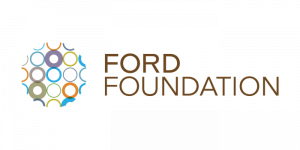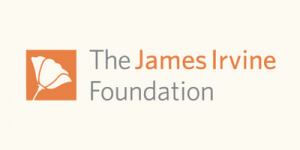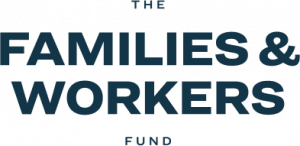WHY MEASURING JOB QUALITY MATTERS
Table of Contents
Introduction
The 10 Big Ideas
Digging Deeper
- Measure what matters to workers, capturing a full range of job quality indicators
- Center equity in measurement
- Increase mandatory human capital data disclosure
- Link public and private data to gain new insights into the quality of jobs
- Leverage business data to demonstrate the return on investment from good jobs
- Revise data systems to include and support the non-W2 workforce
- Strengthen workforce system metrics to deliver results for workers and businesses
- Use public and private spending to measure and strengthen equity and good jobs
- Strengthen state and local capacity for data-driven decision-making to advance good jobs
- Invest in strengthening job quality measurement
Understanding the Impact
Appendices
Acknowledgements

For too long, the United States has measured the health of our economy by counting the total number of jobs, not whether these are good, dignified jobs that provide financial stability and a ladder to opportunity. Available jobs data tells a perplexing story: nearly twice as many job openings as unemployed people,1 yet 53 million workers struggling to make ends meet,2 with women 3 and workers of color 4 over-represented in the lowest-paying jobs. “Jobs are as plentiful as they’ve ever been,” New York Times economics columnist Peter Coy wrote in a story 5 about the Job Quality Measurement Initiative (JQMI), “but who’s feeling wonderful about the condition of American workers?”
The Families and Workers Fund, in partnership with the Ford Foundation, Irvine Foundation, Lumina Foundation, and Omidyar Network—and in collaboration with the U.S. Department of Labor—launched the Job Quality Measurement Initiative 6 because traditional measures of economic success like unemployment don’t tell the full story, and we can’t fix what we don’t measure. To propel an equitable economic recovery, the U.S. needs more jobs that provide family-sustaining pay, sufficient benefits, fair schedules, training and career pathways, wealth-building opportunities, equity, respect, and voice, and that adhere to labor laws including health and safety standards. Systematically measuring these core elements of a quality job — and breaking down measurements by race and gender to expose disparities — is the first step toward improving jobs for working people and ensuring our economic measurements more accurately reflect peoples’ real experiences and aspirations.
We came together to launch and lead the JQMI because we believe that by addressing long-standing data gaps, we can begin to repair and reimagine the systems that fuel economic opportunity and tell a more accurate story about the state of the American economy and labor market. Strengthening our job quality data infrastructure can help to improve decision-making by policymakers, business leaders, investors, and workers themselves to maximize economic mobility for workers and families.
We thank you for taking the time to review this report and we hope you join us in building this movement to measure what matters and build a more equitable economy that uplifts all.
 |
 |
 |
| Mike Kubzansky, CEO, Omidyar Network | Jamie Merisotis, President & CEO, Lumina Foundation | Darren Walker, President, Ford Foundation |
Endnotes
- Jeff Cox, CNBC. Payrolls increased 528,000 in July, much better than expected in a sign of strength for jobs market (August 5, 2022).
- Martha Ross and Nicole Bateman, Metropolitan Policy Program at Brookings. Meet the Low-Wage Workforce (November 2019).
- Jasmine Tucker and Julie Vogtman, National Women’s Law Center. When Hard Work Is Not Enough: Women in Low-Paid Jobs (April 2020).
- Bryan Hancock et al., McKinsey & Company. Race in the workplace: The Black experience in the US private sector (February 21, 2021).
- Peter Coy, The New York Times. What Makes a Job Good (April 22, 2022).
- Alexander Hertel-Fernandez, Raj Nayak, and Teresa Acuha, U.S. Department of Labor. How a New Collaboration is Helping us Improve How we Track Good Jobs (April 7, 2022).


